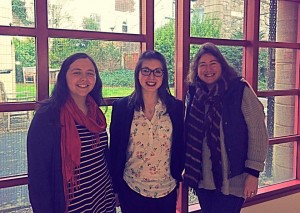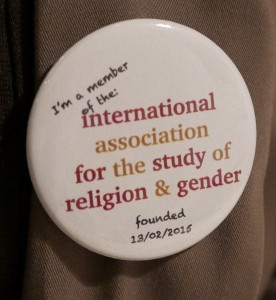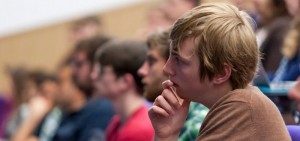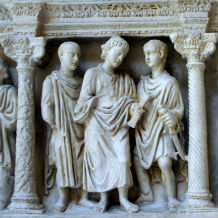Marina Hannus reflects on several different conference experiences and offers her advice on how to make the most of the social side of academic conferences.
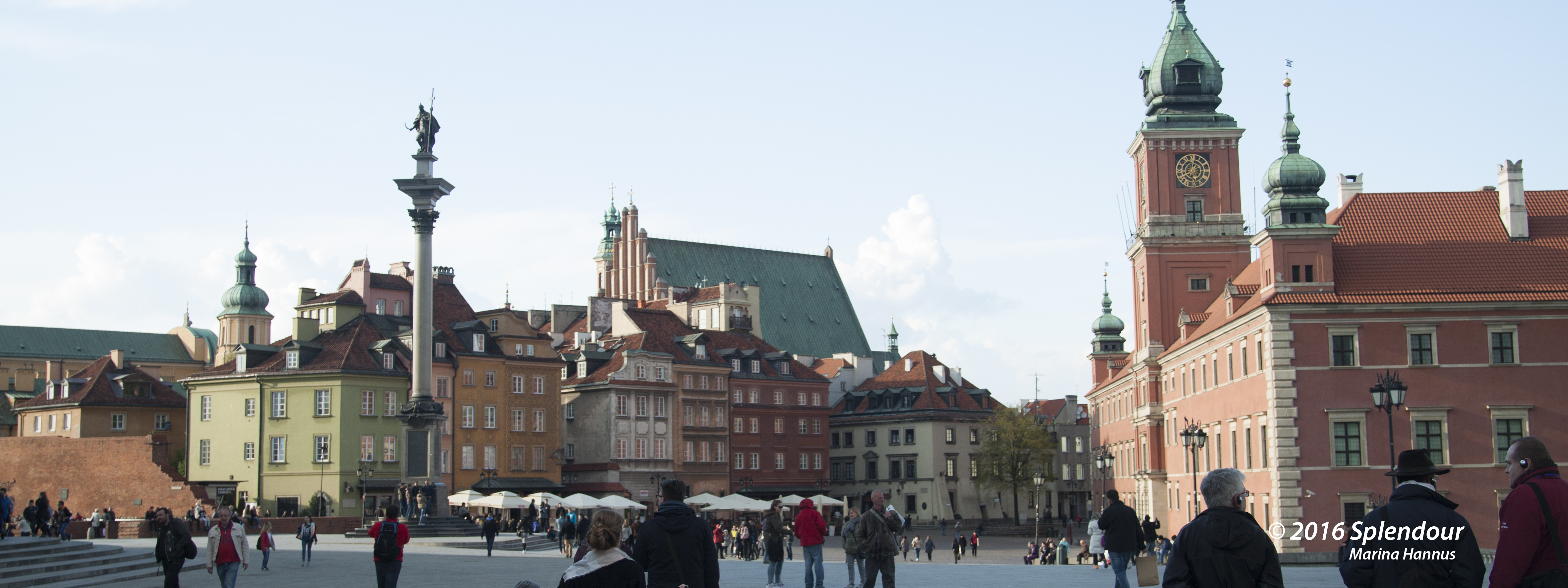
In terms of social engagement and networking, I’m lucky. A lot of academics are introverted and feel unsettled about going to conferences, presenting their research, and having to ‘network’. I am lucky because I have always enjoyed meeting new people. Especially if I know that we have something in common which gives me a natural reason to start conversations. Therefore I often take pleasure in being in a context where I am surrounded by strangers.
At the same time, even I need to be intentional about turning on ‘conference mode’ if I want to make the most of academic conferences. In my everyday life I don’t initiate conversations with strangers very often, unless it is at a specific event or I have a legitimate reason. This in combination with the many hours of independent research makes me less used to interacting with strangers.
In spite of this, though, I find it more exciting than scary to go to conferences. This is why I booked three conferences in one month this spring…

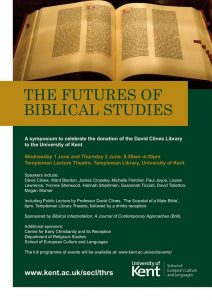
 began my PhD I was excited to start going to conferences and even more excited to give a paper at my first conference. I eased myself in gently with a couple of small postgraduate conferences, giving papers on material I was very familiar with, before moving on to some of the big society conferences. I found myself leaving a fair few conferences feeling quite disappointed. Some were dreadful, some were just ok, all were exhausting. So it was with great trepidation that I set off to an Inter-Disciplinary.net conference entitled “Trauma: Theory and Practice” in Lisbon at the end of March. I was not disappointed and I want to highlight three ways in which this conference rose above the rest.
began my PhD I was excited to start going to conferences and even more excited to give a paper at my first conference. I eased myself in gently with a couple of small postgraduate conferences, giving papers on material I was very familiar with, before moving on to some of the big society conferences. I found myself leaving a fair few conferences feeling quite disappointed. Some were dreadful, some were just ok, all were exhausting. So it was with great trepidation that I set off to an Inter-Disciplinary.net conference entitled “Trauma: Theory and Practice” in Lisbon at the end of March. I was not disappointed and I want to highlight three ways in which this conference rose above the rest.